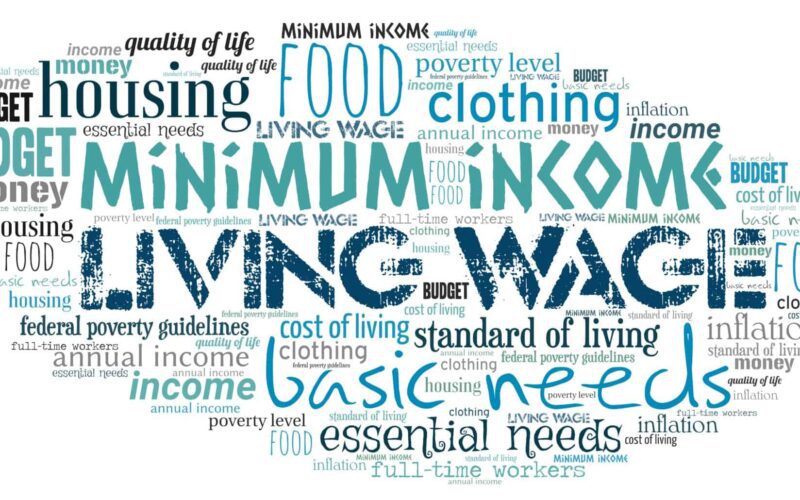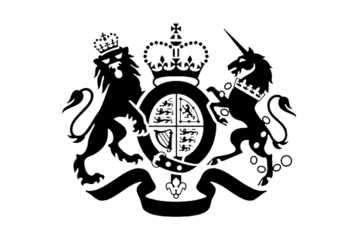Minimum Wage and life in the United Kingdom
Minimum wage was invented to regulate employers. It first emerged during the 1870s, as there were no concrete employment laws as they are existing and enforced today. The trade unions in the United Kingdom were presenting continuous strikes in demand for better wages that would help them achieve better living conditions, health, sanitation and housing. They argued that the minimum wage should provide reasonable time for recreation and rest as well as reasonable home comforts and be sufficient to allow them to discharge the duties of citizenship. Presently The National Minimum Wage Act 1998 is in force.
No matter how good a system is, with passage of time there is always room for improvement. So, this is also true in the matter of National Minimum Wage which is reconsidered and revised every year by the government on advice of the independent advisory group The Low Pay Commision, it is a public body sponsored by the Department of Business and Trade.
The United Kingdom government states that it wants to make the UK the best possible place to live and work for all, further the commission states that In making its recommendations for the minimum wage rates, the Low Pay Commission is asked to take into account the state of the economy, employment, unemployment levels, the wider labour market, business impacts, and relevant policy. Presently there are 2 and a half million low paid workers in the UK.
Let’s look at the effects of minimum wage closely. It surely promotes better living standards for the earner. On the other hand it adds to the cost of products and services making them expensive for the consumer. So is the producer and the consumer readily happy to pay a higher cost for the sake of fair morals, or would they look elsewhere for the sake of savings. Fair morals are the principle of a fair society. No wonder why so many industries have moved offshore in the last decades.
For most industrialist countries who export their products and services, their production costs are low and profits are higher. Comparatively products and services produced in the UK for the domestic market and exports are higher in costs compared to most imported goods. Some goods are not available at all in the UK and others are more expensive to produce in the UK. Its true quality comes at a price, but price has to be affordable. Many countries and its people may not be able to afford UK made products and services, and the domestic consumption will not help the UK in exports that will earn foreign exchange.
Could developing a highly skilled workforce and education support system be the answer to face the challenges the UK has to compete in the global scenario today. For this the government will have to introduce substantial incentives to support those who join the scheme. Upgrading the skills of the population will have a positive impact on the economy and society. Reducing government operational expenditures could also help. Employing and obtaining expertise of business innovators and think tanks could improve the possibilities for birth of new innovative products and services. Support and resources have to be provided for new industries, businesses and innovative ideas.
The minimum wage should be in line to support healthy living and affordability, considering the cost of living crisis that is present in the United Kingdom today. From the first April 2024 the minimum wage is set to rise to £11.44 an hour from £10.42 an hour as confirmed by the chancellor Mr Jeremy Hunt.
The minimum wage earner in the right sense should at least be able to be comfortable to afford substantial family life, health, education, shelter, food, transport, clothing and recreation.
If you’d like to support our work kindly comment, subscribe, like, share our work and visit us again to read and watch more content like this. Thank you for your time and support.
To read more articles click here
Refrences :
https://www.qmul.ac.uk/geog/livingwage/history/
https://www.legislation.gov.uk/ukpga/1998/39/contents






Very nice